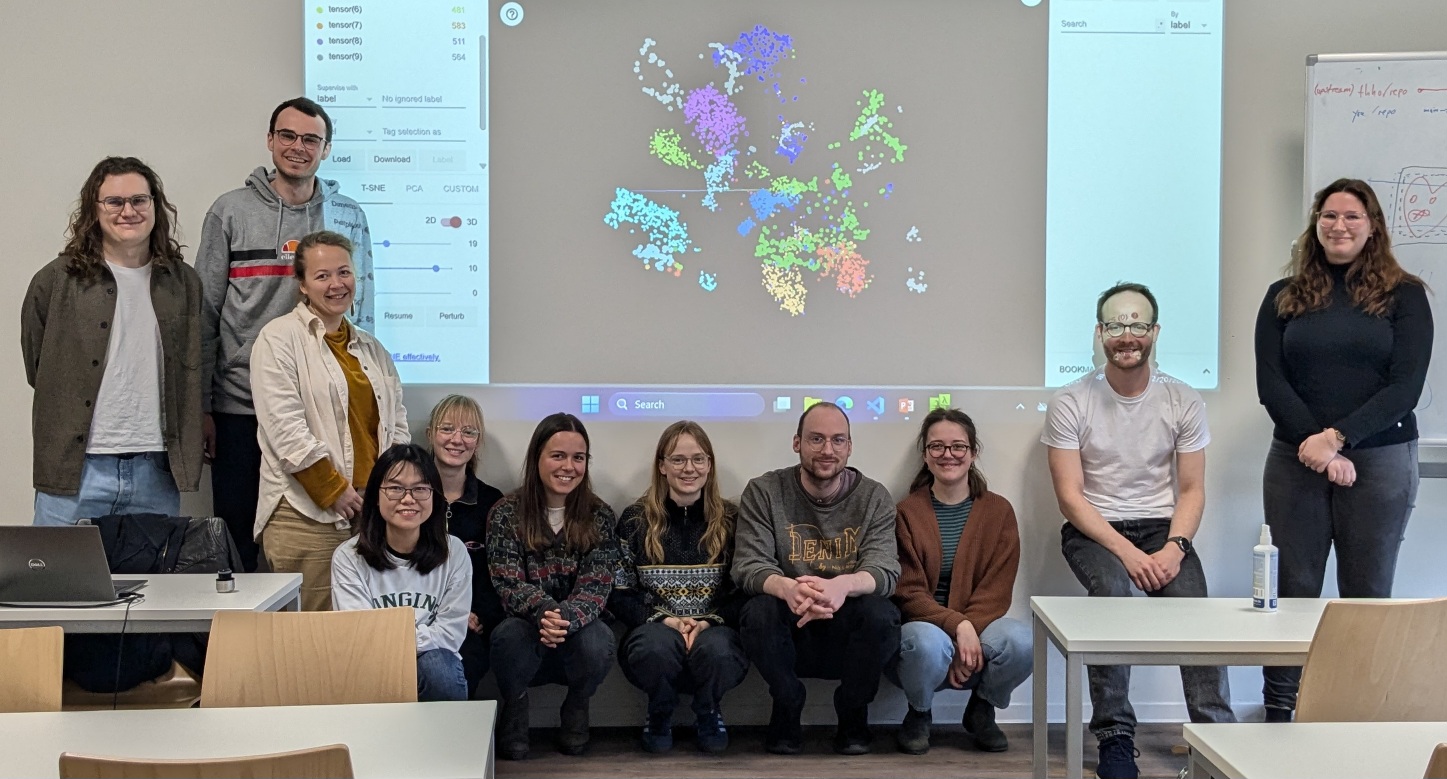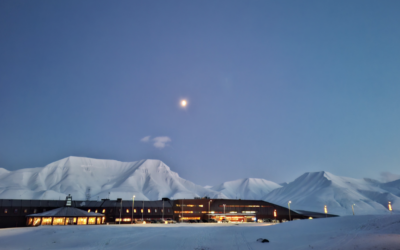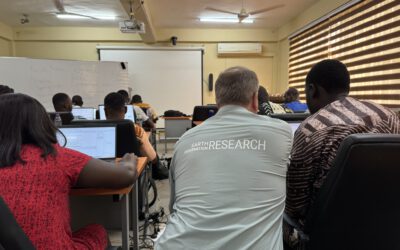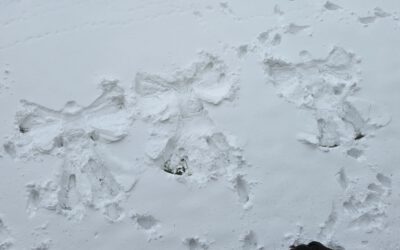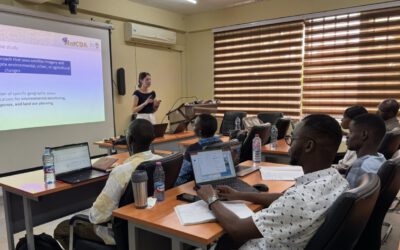This week Thorsten Hoeser, an expert in deep learning and data science, taught AI methods in remote sensing at our International EAGLE Earth Observation MSc Program. In this special module, Thorsten covered essential topics on the cutting-edge techniques for implementing scalable deep learning pipelines using PyTorch on the DLR High-Performance Computing cluster, Terrabyte.
Thorsten’s sessions dived into advanced areas of deep learning, providing students with hands-on experience in utilizing the high-performance resources of the DLR cluster to train models efficiently at scale. The focus of the module included:
-
Implementing Scalable Deep Learning Pipelines with PyTorch: Students learned how to leverage the DLR Terrabyte cluster to accelerate model development and handle massive datasets for Earth observation tasks.
-
Experiment Tracking and Training Metrics Interpretation: Thorsten guided students on how to manage and track their experiments effectively. Participants learned to interpret key training metrics for improved decision-making and model performance optimization.
-
A Data-Centric Approach to Model Training and Improvements: Moving beyond traditional model-centric views, Thorsten emphasized the importance of data quality and optimization. This perspective will enable students to understand how to refine and improve models through careful data manipulation and understanding.
This training, powered by the DLR Terrabyte cluster, aims to equip students with the skills needed to implement robust, scalable, and efficient deep learning solutions, critical for addressing complex Earth observation challenges.
you may also like:
EORC colleagues return to the High Arctic for UAS-Based Earth Observation
Our EORC researchers Dr. Jakob Schwalb-Willmann and Dr. Mirjana Bevanda are once again spending several weeks in the high Arctic as guest lecturers at UNIS, the University Centre in Svalbard. This annual visit has become a valued part of our collaboration, bringing...
Applied Remote Sensing: Bridging Classroom Tools with Real‑World Data
In the second week of our remote sensing training within the WASCAL Climate Change and Land Use program at KNUST in Kumasi (Ghana), our NetCDA team deepens the applied component of the course. The students learn how to use, adapt, and write their own code in R and...
Crêpes, Culture, and a Dash of Friendly Competition at EORC 🥞
At EORC, science may bring us together—but sometimes, it’s a social activity - in this case: crêpes that makes a difference. Our recent social activity turned the kitchen into a lively hub of culinary creativity as our French, Swiss and francophil colleagues took the...
From Satellites to Snow Angels
Our EAGLE M.Sc. students, coming from all over the world, are making the most of the short breaks between courses. Whether it’s spontaneous snow angel sessions or friendly snowball fights around the EORC, laughter and flying snow are never far away. These moments of...
Where Learning Meets Friendship
At EAGLE, studying together is only part of the story. Our students are more than classmates — they’re hiking buddies, party companions, and the kind of people who show up to lectures with birthday cakes 🎂. Today was a perfect example. Our EAGLE student Esperance from...
Building Capacity for Climate Research: Remote Sensing Training with West African PhD Students
For two weeks, our NetCDA Team, this time formed by our colleagues Lilly Schell and Michael Thiel, is back at the Kwame Nkrumah University of Science and Technology (KNUST) as part of the WASCAL Graduate School on Climate Change and Land Use, supporting PhD candidates in developing their own skills on remote sensing analyses related […]

